Vulnerable is Not a Bad Word
Take one pregnant woman, add a PCS order, and you have a textbook example of the word vulnerable. Online military forums feature questions about the wisdom of making a permanent change of station while pregnant. Questions come from both the spouse and the service member concerning everything from regulations to transfer of medical records.
Karen, a veteran military wife, recalls a PCS move from Texas to Georgia. She had an energetic toddler and was pregnant with her second child. Her family was more than ready to leave Texas, but there was no hurrying the process, Karen recalls. “It took forever! My husband’s out-processing was delayed. We had car trouble. My sister was coming to help me, and her flight was late. We did not even make it out of Texas when our car threw a rod. We had to buy a new vehicle en route. I describe that day as the day we made it to Waco, but I was wacko!”
Karen can look back now and laugh at the situation. But in the moment she felt vulnerable. She wanted to trust her husband during this time, but the circumstances made her question the wisdom of military service. Working through such a vulnerable situation requires trust.
Mary had to trust Joseph in traveling the ninety miles from Nazareth to Bethlehem. Ninety miles does not seem far—until you consider Mary was pregnant and most likely traveled the unpaved hill trails on a donkey! As we saw, an angel visited Mary to tell her she would be the mother of the Son of the Most High. But Luke ends the account by stressing that “the angel departed from her” (Luke 1:26–38). No biblical record mentions an angel traveling with Mary to Bethlehem. The road was dangerous! Wild animals were a constant hazard. Bandits lurked in the shadows; history records that some travelers gave over their wives to protect themselves. Mary had no way to defend herself. She had no way of knowing when the baby would arrive, or where he would be born. She was vulnerable.
It’s not a comfortable feeling. Yet in marriage, vulnerability can be a strength. As researcher Brené Brown explains, it can lead to trust: “Trust is a product of vulnerability that grows over time and requires work, attention, and full engagement.”
The whole scene begs the question of whether Mary would have gone on the journey if she did not trust Joseph. Her vulnerability validates her trust in this man. Even more, her vulnerability validates her trust in God.
